Objectives
The basic elements of menstruation and menstrual hygiene.
Proper use and safe disposal of sanitary napkins.
Communicating the benefits of sanitary napkins or menstrual cups and motivating girls to use such products.
To distribute menstrual hygiene kits to the participants.
Target Beneficiaries
Adolescent Girls of 10 Government Schools in Noida.
Challenge
Lack of Knowledge: Many students, both girls and boys, lack comprehensive knowledge about menstruation, leading to misconceptions, fear, and stigma surrounding the topic.
Stigma and Taboos: Menstruation is often surrounded by stigma and taboos in many cultures, leading to shame, embarrassment, and discrimination against menstruating individuals.
Poor Menstrual Hygiene Practices: Due to lack of education and resources, some students may engage in poor menstrual hygiene practices, increasing their risk.
Limited Access to Menstrual Products: In some communities, students, especially those from low-income families, may have limited access to affordable and hygienic menstrual products, leading to absenteeism from school during menstruation.
Strategy
Interactive sessions are designed to encourage active participation and dialogue, addressing common misconceptions and promoting empathy. Accurate information on menstrual health and hygiene, including proper hygiene practices and available resources, is provided, while stigma and taboos surrounding menstruation are openly discussed. Through this strategic approach, schools can empower students with the knowledge and confidence to manage their menstrual health effectively and promote a positive and inclusive school environment.
Journey
Selection of Schools: 10 government schools in Noida and Greater Noida were selected based on the number of female students, economic background.
Conducting Sessions: The MHM sessions that lasted for 2 hours were conducted in the selected schools and covered topics such as menstrual hygiene, proper disposal, and self-care.
Feedback Mechanism: A Verbal feedback mechanism was used to gather input from both the trainers and the participants.
Impact Assessment: Post-session assessments were conducted to measure the knowledge gained by the participants.
Distribution of Menstrual Hygiene Kits: At the end of each session, menstrual hygiene kit contained sanitary napkins, soap, and educational materials to reinforce the sessions were distributed.
Outcome
Increased Awareness: Girls learnt about the importance of using clean menstrual products, changing them regularly, and maintaining good hygiene practices during their menstrual cycle.
Improved Menstrual Health: Girls have gained knowledge about common menstrual health issues and how to manage them.
Reduced Stigma: Sessions also helped in reducing the stigma around menstruation and encourage open discussions.
Empowerment: Girls have started feeling more empowered and confident which will have positive effects on their well-being.
Challenges & Solutions
Menstruation is viewed as a women’s issue, leading to neglect of boys’ education on the topic and reinforcing gender stereotypes. By addressing these challenges through awareness sessions, schools can contribute to creating a more supportive, inclusive, and empowering environment for all students, regardless of gender, socio-economic background, or cultural beliefs.






